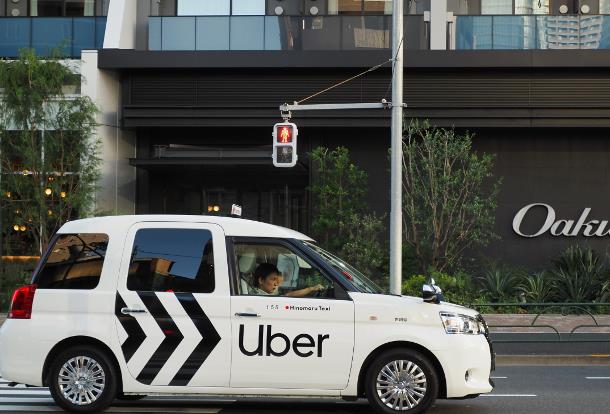In the latest development in the taxi-app market marked by mammoth mergers and ever bigger capital investments, Uber and Yongche are said to be discussing a possible partnership. Facing the heat from government regulators and competitors, this may be the companies’ last-ditch effort for survival.
Uber and Yongche have been thrown into a tail spin following the merger of Kuaididache and Didi Taxi on February 14, a marriage of convenience that gives both companies the scale to dictate the market. Despite the merger, both companies keep their respective teams and maintain independent operations, with Didi Taxi CEO Wei Cheng and Kuadidache CEO Chuangwei Lu became joint CEOs.
The car hire market has gone through a number of revolutionary changes recently. In late 2014, municipal transport authorities clamped down on unlicensed taxis in Shanghai, Beijing, Hangzhou and Shenyang, branding them "black-market taxis".
Transport authorities only officially recognized chauffeur services on January 8 this year but still maintained a ban on private cars joining service platforms or operations.
High stakes
Car hire services use similar tactics as taxi apps, offering subsidies and incentives to drivers, to capture market share. Since early 2014, companies in the market have been throwing out an endless stream of subsidies to drivers.
These unsophisticated market tactics were backed by the immense financial backing of major investors.
Didi Taxi got a Series A financing of US$15 million from Tencent and an additional US$100 million in the beginning of 2014. In December 2014 it won a whooping US$700 million combined investment from Temasek, DST and Tencent.
Kuadidache received a Series A financing form Alibaba in 2013 and two more in 2014, raising an average of US$100 million in each round. On January 15 this year, it announced it received a Series D financing worth US$600 million.
Car hailing app Uber also received US$1.2 billion in financing in December 2014, bringing its estimated value to US$40 billion.
The rise of a new form of monopoly?
One industry observer thinks that taxis held a typical monopoly in the sector before chauffeur service appeared in the Chinese market, as resource allocation wasn’t determined by market forces. The size of a cities' taxi fleets, the number of licensed drivers and prices were all regulated by the municipal transport authorities, giving rise to local cartels of licensed taxi companies who colluded and controlled the market.
With the absence of free competition, many cities faced shortages of taxis and citizens faced difficulties in hailing a taxi. The situation was even worse in major cities.
The arrival of chauffeur services has effectively broken through government restrictions and the absolute control of the cities’ taxi companies. Internet technology and the sharing economy model has also helped usher in a new era for the transport business.
However there are concerns that the merger of Kuaididache and Didi Taxi, the largest yet on China’s internet, has introduced yet another giant entity in the industry and the threat of a new form of monopoly in the sector.
More frightening yet, the internet technology enables chauffeur services to break into regional markets that were once the domain of local taxi companies. With more resources and a bigger territory to out-muscle the competition, taxi apps could very well transform the territorial monopolies into all-powerful national monopoly.
Many people nervously compare the merger of Kuadidache and Didi taxi with the merger of the giant video streaming sites Youku and Tudou three years ago. The two mergers bear striking similarities as like the taxi apps, both Tudou and Youku have similar operational scale and market share. After a fierce struggle for supremacy they also brokered a peace via merger. While the merger ended a vicious competition, users now have to put up with longer advertisements as a result.(Translation by David)




